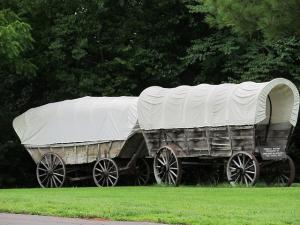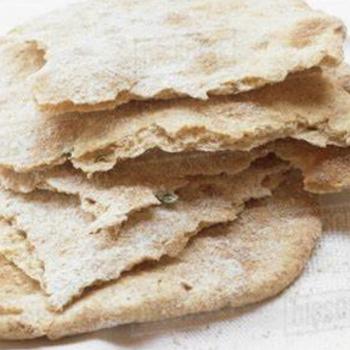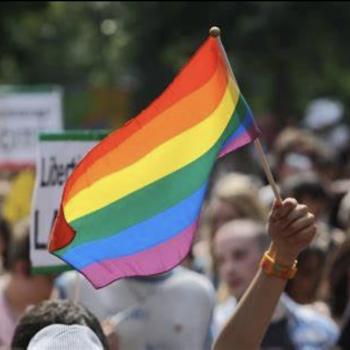This week, the American Library Association announced that it would be removing Laura Ingalls Wilder’s name from a children’s literature award. Having grown up with her stories and loved them, this makes me sad. At the same time, however, it’s almost impossible for a modern reader to read her books without a sense of discomfort that is entirely appropriate – after all, these events happened in a world that was very comfortable with racism. A hierarchy based on race was taken for granted, and there are scenes and phrases in the books that very much reflect this.
The ALA cited racist and stereotypical attitudes as their reason for removing Wilder’s name from the award. In response, organizations and individuals have suggested that Wilder’s “racism” only signifies that she was a product of her times. They point out that Wilder shows nuance in her attitudes about race, and that her depictions of her family include diverse attitudes about race.
Both perspectives have evidence to back them up. There is definitely racism and anti-Native American sentiment in Wilder’s books, but such instances are not without contrast in the text. The black-face minstrel show in which Pa performs in Little Town on the Prairie has as a foil the positive portrayal of the black doctor who saves the Ingalls family in Little House on the Prairie. (Although this runs uncomfortably parallel to modern circumstances in which people seek to be absolved of their racist comments by declaring that they have a black friend.) The constant refrain of, “Ma hated Indians,” is continually answered by Pa’s defense of Native Americans. One of the most moving scenes in the series is the chapter in Little House on the Prairie that shows the Native Americans leaving the area. The child Laura recognizes the humanity of these people forced from their home. She feels an intense sense of loss as she watches them process past her house. She breaks down, and sobbing and crying demands that her parents provide her with a “papoose.” To me this has never felt like an objectification of the baby, but has always seemed like a child’s way of expressing grief and the loss of something she does not understand.
To me, however, the real problem with the Little House books is not something that can be addressed by identifying and critiquing racist language and episodes. It’s not something that can even be addressed by nuanced depictions of those episodes. The real problem is that this beautiful depiction of family life takes place against the backdrop of Westward expansion. There are things happening off-screen that are truly horrible.
What does it mean to tell a story about Westward expansion, when Westward expansion is a story that takes place in the context of forced relocation and genocide? When we center the stories of white American settlers, we get beautiful stories about family life and successful struggle against hardship. What stories would we tell if we centered other communities during this time? What happens to stories like Laura Ingalls Wilder’s and tall tales like Johnny Appleseed’s when we look at them in the larger context of the history of Westward expansion? I love these stories and I don’t want to lose them. I also worry about what it means to love them. If we can’t come to terms with these issues in literature, how can we expect to come to terms with them in reality? Even the ALA’s declared reasons for renaming the award feel like an obfuscation to me. The problem isn’t Wilder or her nuanced-for-the-time attitudes about race. The problem is the larger context: the historical actions of a country.
We can say of Laura Ingalls Wilder that she was only a product of her time. But the problems of her time are not gone. We are still wrestling with the same issues. We know (or should know) that racism is still at play in America. We know that many African Americans and Native Americans are still suffering the affects of inter-generational poverty and trauma. Even now, their land is being taken away from them, while conservative publications use comparisons to that genocide to criticize liberals.* There are still people who want to keep certain ethnic groups out of the country. And America is still separating families and detaining people whom our government has decided don’t belong here.
Does this mean we need to get rid of the Little House books? No. But if people like Laura Ingalls Wilder were products of their time, I can’t help wondering what it means to be a product of our time. In our time, what is at stake is not the name of a book award from the ALA , or whether a much loved book series receives criticism. What is at stake is how we are going to respond when the racism that has always been in the background suddenly leaps to the foreground. Does being a product of our time mean that we are people for whom incarcerated children and police shootings are just part of the landscape, part of what’s taken for granted as normal?
I hope not.
* “America Is Over, But I Won’t Let It Go without an Epic Fight,” by Jesse Kelly appeared this week in The Federalist.
Maren Grossman is an assistant editor at Sick Pilgrim. She holds an M.A. in philosophy from Catholic University and currently lives in Pennsylvania with her family.

















